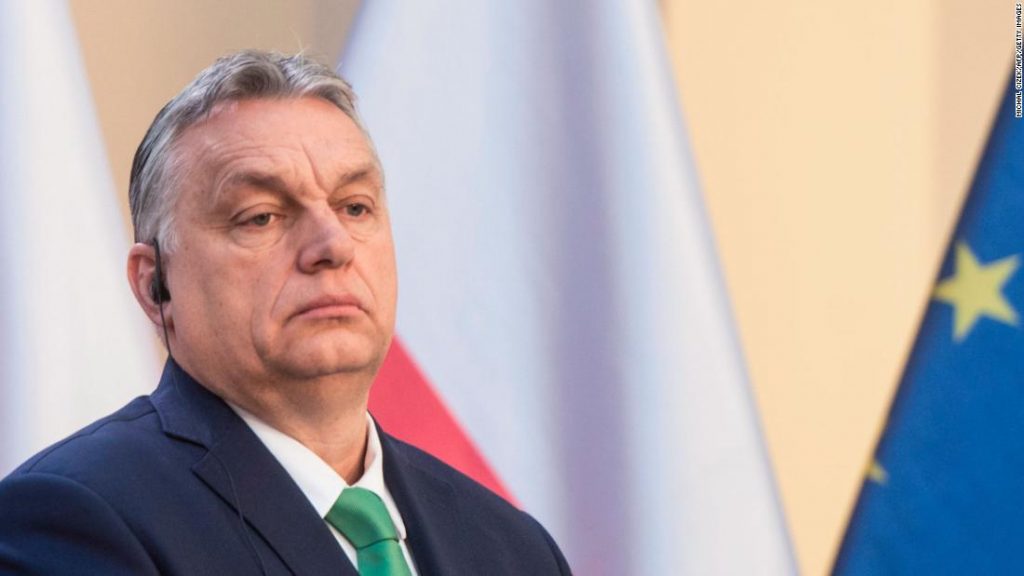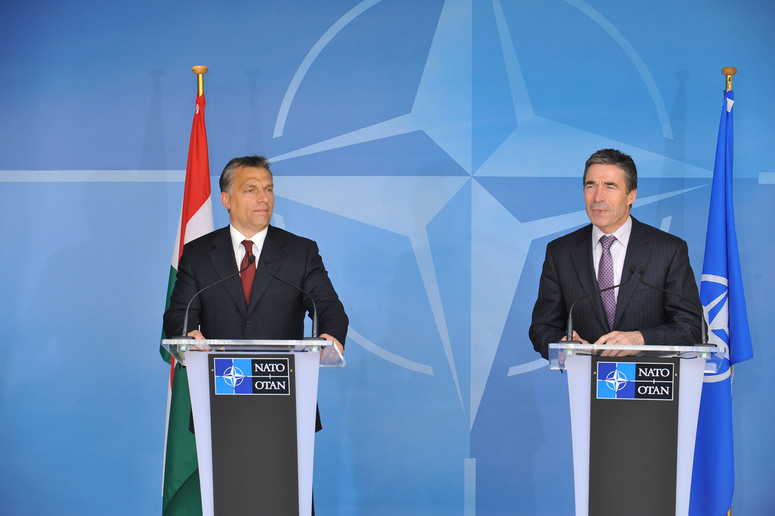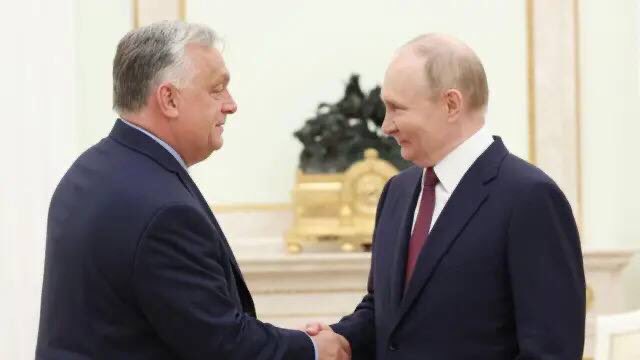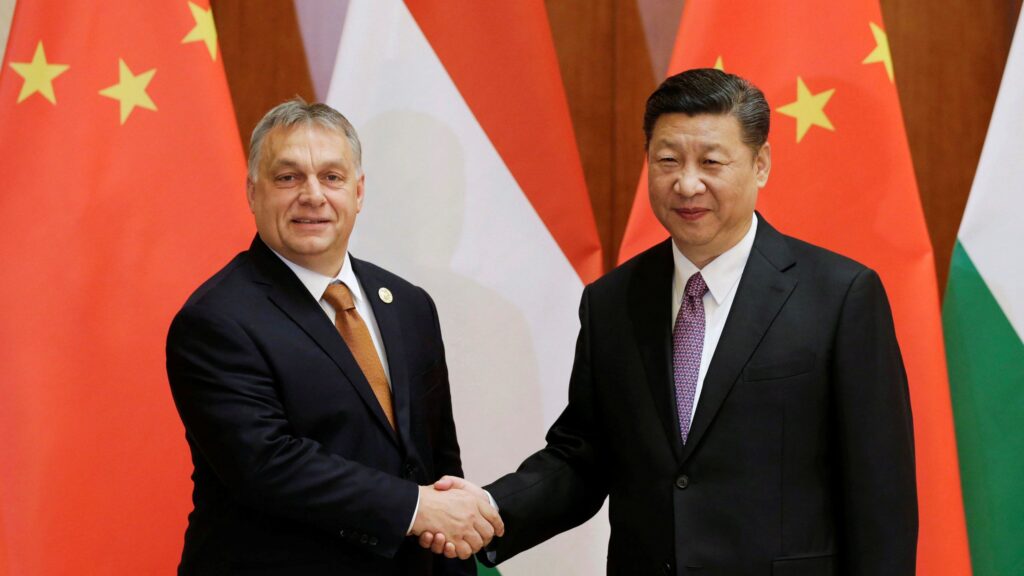There are legitimate concerns about Hungary’s continued membership in NATO. Recent statements and actions by the Hungarian government suggest that, in the event of a military conflict in Europe, Hungary may fail to fulfill its obligations under Article 5 of the Washington Treaty.
High-ranking officials from NATO member states have voiced increasing alarm over the possibility of armed conflict with Russia. German Defense Minister Boris Pistorius recently stated that the Bundeswehr must be prepared for war by 2029. Meanwhile, Estonia’s Chief of Defense, Major General Vahur Karus, revealed that NATO leadership has tasked Estonia with preparing for a potential military conflict with Russia. Such statements reflect the West’s assessment that war with Russia is a highly likely scenario.
However, Hungary’s current position, as a de facto satellite of Russia within Europe, has raised concerns about the alliance’s ability to guarantee the security of its members. In an interview with Politico, Balázs Orbán, an advisor to Hungary’s Prime Minister, remarked that if Hungary were to face Russian aggression akin to the invasion of Ukraine in February 2022, the country would not resist militarily. “If asked, we would not advise it,” Orbán said, citing the harsh lessons of history, particularly the 1956 uprising, as a reason for Hungary’s avoidance of such losses.
Orbán’s comments are a profound insult to the memory of the thousands of Hungarian freedom fighters who gave their lives in 1956 for Hungary’s independence. It underscores Hungary’s deep dependency on Russia and casts doubt on its willingness to uphold NATO’s collective defense obligations in the event of war with Russia.
This suggests that in the event of a Russian attack on the Baltic States, Poland, or Scandinavia, Hungary would likely abstain from participating in the conflict and from providing NATO with military support. The Orbán government is effectively paving the way for Europe’s surrender to Russia without a fight.
In such a scenario, Budapest would undoubtedly shift the burden of defending the Euro-Atlantic space onto the U.S., U.K., Germany, and France. This raises serious questions about the wisdom of Hungary’s continued NATO membership, particularly regarding intelligence sharing. Hungary’s stance not only compromises defense cooperation with the United States but also risks the leakage of sensitive information, threatening the integrity of NATO’s decision-making processes.
Given Hungary’s political and geopolitical sabotage, its membership in NATO has become counterproductive and a security risk. It is imperative that NATO develop measures to safeguard its effectiveness in the face of such internal challenges.

More on this story: Orbán to back off from democracy: Europe not ready for such scenario


More on this story: Budapest Establishes Infiltration Channel for Russian Intelligence

More on this story: Hungary plays as China’s bat to kick the US out of the EU economy





Pingback: RLI: Угорщина уникає зобов'язань НАТО на тлі загрози війни з РФ | Коректно
Pingback: „În cazul unui război în Europa, Ungaria ar putea să nu își îndeplinească obligațiile care îi revin în temeiul articolului 5 NATO” - Comunicatul.ro